February 13, 2024

Most natural products retailers have been selling natural, organic, clean, green, nontoxic personal care for years, so this category certainly isn’t new. But the recent fervor around it is unprecedented.
Last year, SPINS reported that the natural beauty market—which includes skin care, hair care, bath and body, oral care and other personal care products—is growing at three times the rate of the total U.S. beauty market. Another impressive SPINS stat: The total beauty market, including natural, is increasing by 8% year over year—and the natural segment is driving 21% of that growth.
As more and more consumers demand cleaner, safer, more sustainable personal care products that actually work, innovative brands are delivering exactly that. Meanwhile, mainstream beauty retailers, big-box stores and Amazon are expanding their natural offerings, making these products much more accessible. Direct-to-consumer natural brands are helping on that front, too.
These trends are both delighting longtime natural beauty customers and attracting new users to the category. No matter if someone is a seasoned vet or a natural-beauty newbie, they are very likely reading product labels. After all, if they’re putting in the effort to clean up their personal care routine, they’ll want to make certain that any product they purchase truly is natural, clean, nontoxic, ecologically sustainable and socially responsible.
Several third-party certifications can eliminate the guesswork and engender consumer trust in natural personal care. Expressed as recognizable seals and logos on product labels, these verifications deal with ingredient origins, product safety, animal welfare, company ethics and more. Spotting one of these marks can help shoppers separate legitimate product claims from buzzwords and marketing fluff.
To best serve this growing consumer base, natural products retailers should know the common third-party certifications and seals and be able to explain them to customers. Here’s a quick primer.
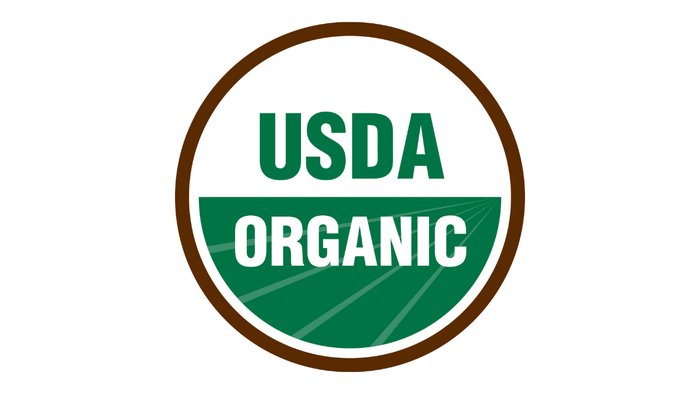
USDA Organic
When it comes to personal care, USDA Organic certification is a bit tricky, as the National Organic Program was designed for food. Also, USDA regulates the term “organic” pertaining to agricultural products but doesn’t have regulatory authority over personal care. Meanwhile, the U.S. Food and Drug Administration regulates personal care but doesn’t define or regulate “organic” as applied to these products.
While most personal care products aren’t eligible for USDA Organic certification, as they contain too many nonfood ingredients and require nonorganic processing methods, some do qualify.
The National Organic Program allows two types of personal care products to display the USDA Organic seal: Those that are 100% organic—meaning they consist entirely of organic agricultural ingredients, excluding water and salt—and meet NOP standards for organic production, handling, processing and labeling can use the logo. The other type is products that contain 95% organic ingredients, with the remaining 5% being nonagricultural substances or agricultural ingredients not available as organic.
Additionally, NOP permits personal care items that contain at least 70% organic ingredients to use the phrase “Made with organic ingredients” on the label, but they cannot use the USDA seal. If a product contains fewer organic ingredients, it cannot feature the term “organic” anywhere on its label.
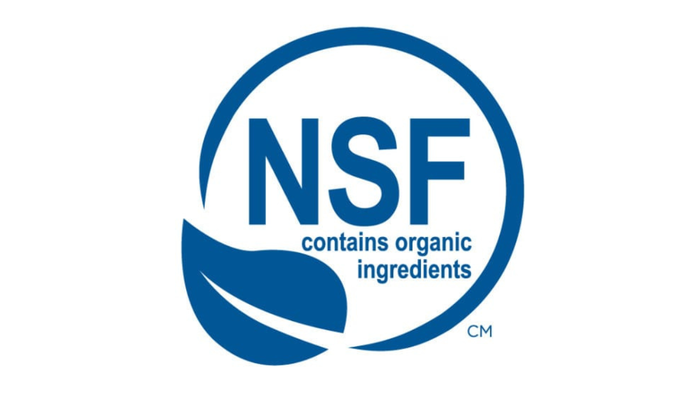
NSF Contains Organic Ingredients
To address the gap left by NOP, independent standards developer, auditor and certifier NSF created the NSF/ANSI 305: Personal Care Products Containing Organic Ingredients standard. Through this program, NSF assesses a wide range of personal care products, including soaps, body washes, lotions and others that use organic ingredients but don’t qualify for NOP consideration.
To carry the NSF Contains Organic Ingredients seal, products have to consist of at least 70% organic content by weight. They must also abide by the standard’s organic ingredient processing and production requirements, which allow certain “green chemistry” techniques and preservatives that the National Organic Program doesn’t permit but that enhance the efficacy of organic ingredients. Additionally, NSF/ANSI 305 enables products made with non-food-grade organic ingredients to be certified.
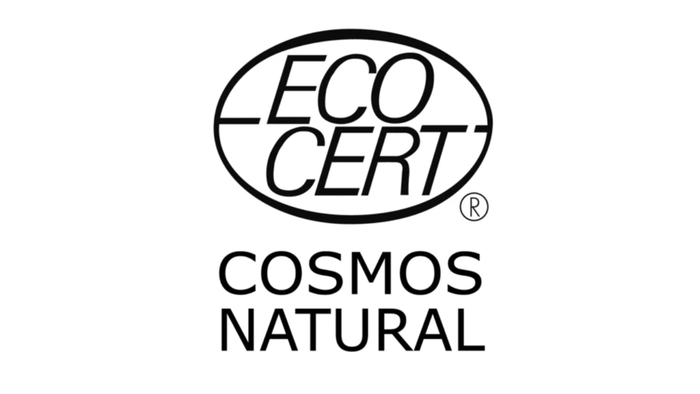
COSMOS
Global sustainability consultancy and certifier Ecocert created the COSMOS program back in 1991 to identify natural and organic cosmetics. To date, more than 34,000 personal care products across 78 countries, including hundreds of SKUs in the U.S., carry either the COSMOS Organic or COSMOS Natural signature.
Both seals guarantee environmentally friendly production and processing, responsible use of natural resources, a commitment to green chemistry and respect of biodiversity. Products must also contain zero petrochemicals, parabens, phenoxyethanol, perfumes, synthetic colors or GMOs—and come in recyclable packaging. For COSMOS Organic, at least 95% of the plant-based ingredients in a formula must be organic.
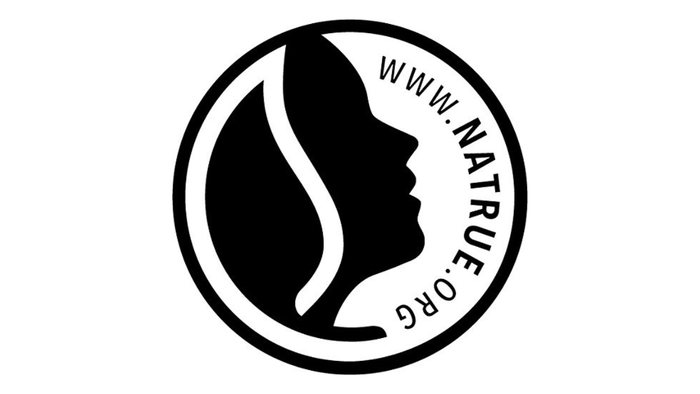
NATRUE Certified
Launched in 2008 by the International Natural and Organic Cosmetics Association, the NATRUE Certified seal adorns more than 6,600 personal care products worldwide. To qualify, a product must contain only 100% natural, derived natural or nature-identical substances—no synthetic fragrances, GMOs, silicones, parabens, microplastics, mineral oils or anything artificial allowed.
Also, a formulation’s water content (unless the water comes directly from a plant) can’t be counted as a natural ingredient to inflate a products naturalness. NATRUE also offers an organic certification for products in which at least 95% of the ingredients must come from certified-organic agriculture.
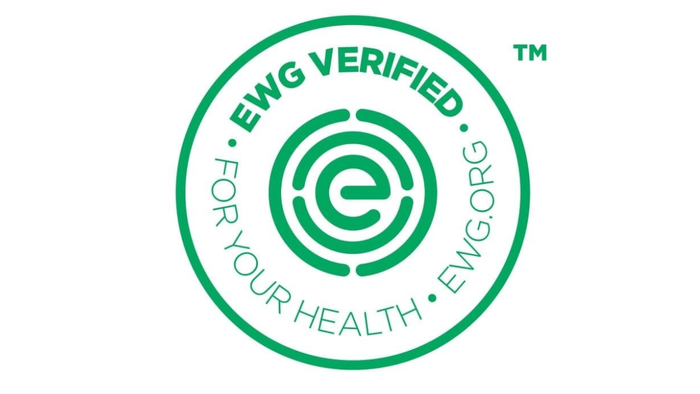
EWG Verified
More than 2,300 personal care products sold in the U.S. bear the EWG Verified seal, showing that they’ve passed the Environmental Working Group’s rigorous ingredient-safety criteria. For starters, all verified products must score a “green” in EWG’s Skin Deep database and can’t contain any ingredients on EWG’s “unacceptable” or “restricted” lists of components with potential health, ecotoxicity or contamination concerns.
These two lists go far beyond U.S. standards for personal care. They disallow 85 ingredients banned in European cosmetics and another 33 banned in Canada, plus 27 known carcinogens and eight known developmental toxins identified by the state of California. EWG Verified products must also disclose each ingredient used in fragrance and abide by EU regulations for labeling nanoparticles and fragrance allergens.
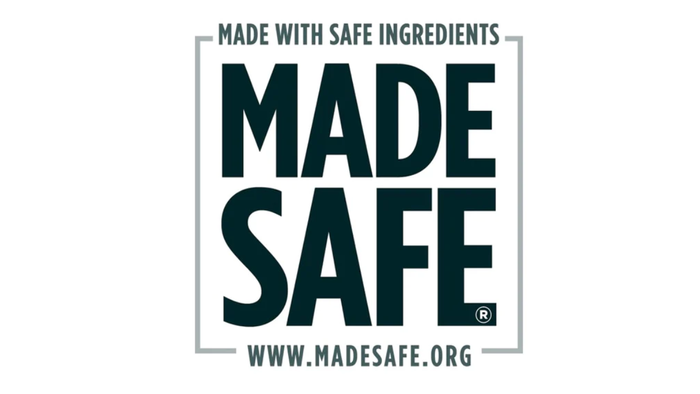
Made Safe
Nontoxic Certified, the nonprofit that oversees the Made Safe certification program, uses an “ecosystem approach” to determining product safety for people and the environment. The first step is screening all ingredients against the Made Safe Banned and Restricted List of over 6,500 hazardous substances, including known or probable carcinogens, endocrine disruptors, biological toxins and heavy metals.
The standard also mandates manufacturing transparency and disclosure of every process and substance involved in formulation. Nontoxic Certified uses this info to assess the potential for pollution and other negative impacts on soil, air, waterways and all of the world’s ecosystems.
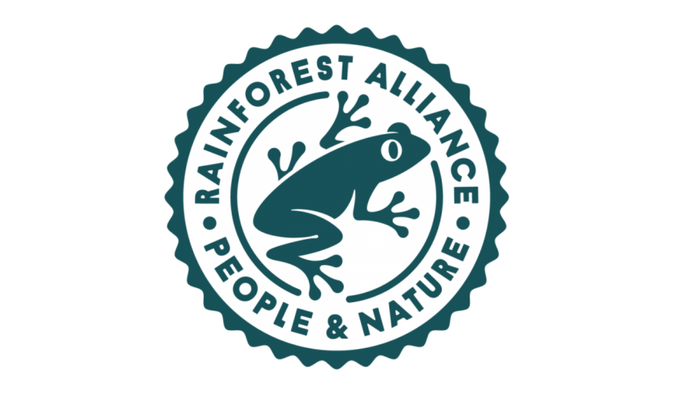
Rainforest Alliance Certified
The same little frog logo found on bananas, coffee, chocolate and tea hops into the personal care aisles via soap products, as many feature ingredients derived from tropical trees and plants. Products bearing the Rainforest Alliance’s seal are produced using socially, economically and environmentally sustainable methods. Specifically, the certification emphasizes forest preservation, climate-smart agriculture, biodiversity conservation, human rights, farmer incomes and other key facets of sustainability.
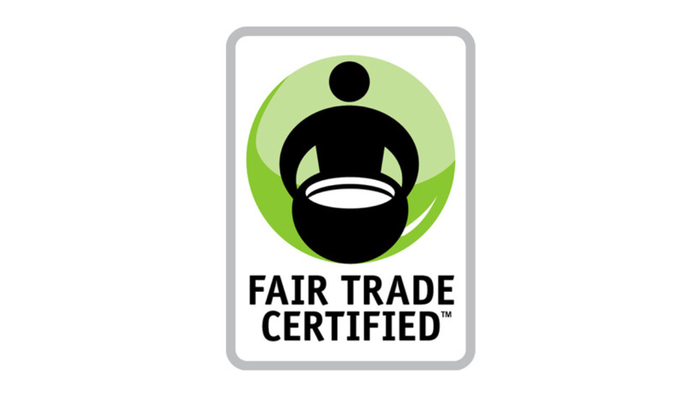
Fair Trade Certified
This widely known certification, administered by Fair Trade USA, is most often applied to producers and single ingredients, but finished products can carry the seal too. In the personal care aisles, the Fair Trade Certified logo be found on sugar scrubs, lip balms, lip tints and other items made with fairly traded commodities such as sugar, cocoa butter or coconut oil. The seal signals that a brand’s supply chain for these ingredients meets strict environmental, social and economic standards, including fair wages, safety and support for farmers and workers.
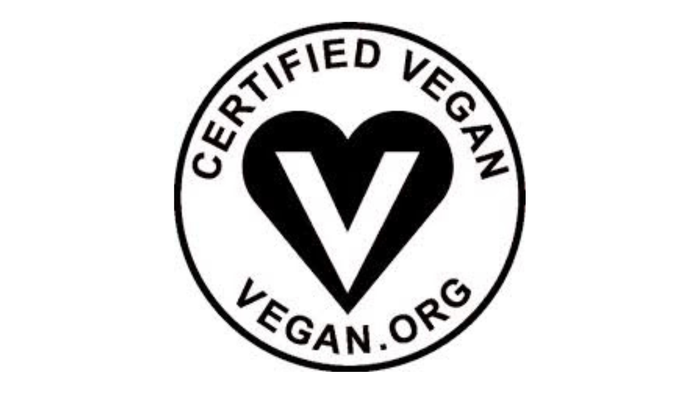
Certified Vegan
Best known for foods and beverages, the Certified Vegan seal appears on nearly 1,900 personal care products, all of which contain zero animal-derived substances. The Vegan Awareness Foundation’s globally recognized trademark also denotes that no animal by-products were involved in processing and that neither the finished product nor any of its ingredients were tested on animals.
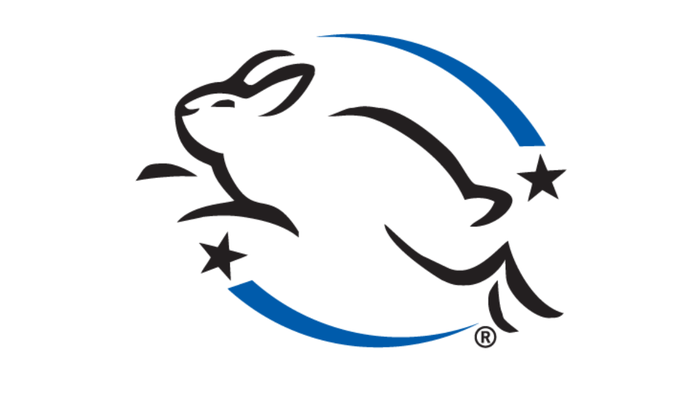
Leaping Bunny
Launched in 1996, the global Leaping Bunny program is among the oldest personal care certifications. Run by the Coalition for Consumer Information on Cosmetics in the U.S. and Canada, the logo indicates that a brand, along with all of its manufacturing partners and ingredient suppliers, does not conduct, commission or have any involvement with animal testing.
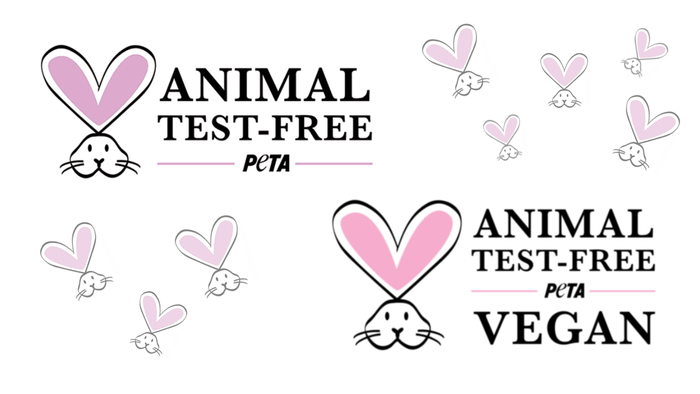
PETA Animal Test-Free and Animal Test-Free Vegan
People for the Ethical Treatment of Animals, better known as PETA, has its own bunny logo (two, actually) for its global Beauty Without Bunnies program. The Animal Test-Free mark denotes brands that do not—and pledge to never—conduct, finance or allow animal testing, nor do their suppliers. PETA’s Animal Test-Free and Vegan verification also means no animal testing, plus a brand’s entire product line is free of animal-derived ingredients.
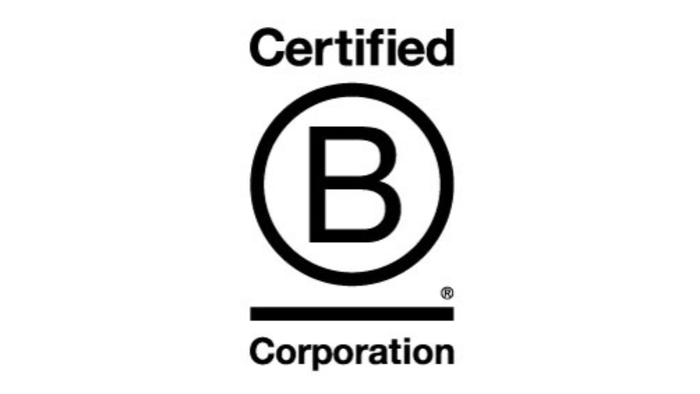
Certified B Corporation
Not exclusive to personal care or even the natural products industry, the Certified B Corporation seal has become one of the most trusted and shopped-for by conscious consumers. Administered by the nonprofit B Lab, this certification speaks to companies’ overall environmental and social impact, verifying that they operate with integrity, transparency and accountability as they strive to do right by people and planet.
To become a B Corp, a company must score 80 or higher on the rigorous B Impact Assessment. It also needs to legally change its corporate governance structure to be accountable to all stakeholders, from employees to suppliers. Certified B Corps also agree to make their performance against B Lab’s standards viewable publicly, and they pledge to strive for continued improvement. Additionally, B Corp certification must be renewed every three years or after a change in ownership or an initial public offering.
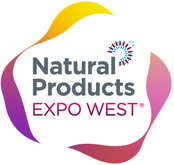
Going to Natural Products Expo West? Don't miss The State of Natural Beauty session at 4:30 p.m. Wednesday, March 13, in Grand Ballroom E at the Marriott. Click here for registration information.
About the Author
You May Also Like
.png?width=700&auto=webp&quality=80&disable=upscale)



